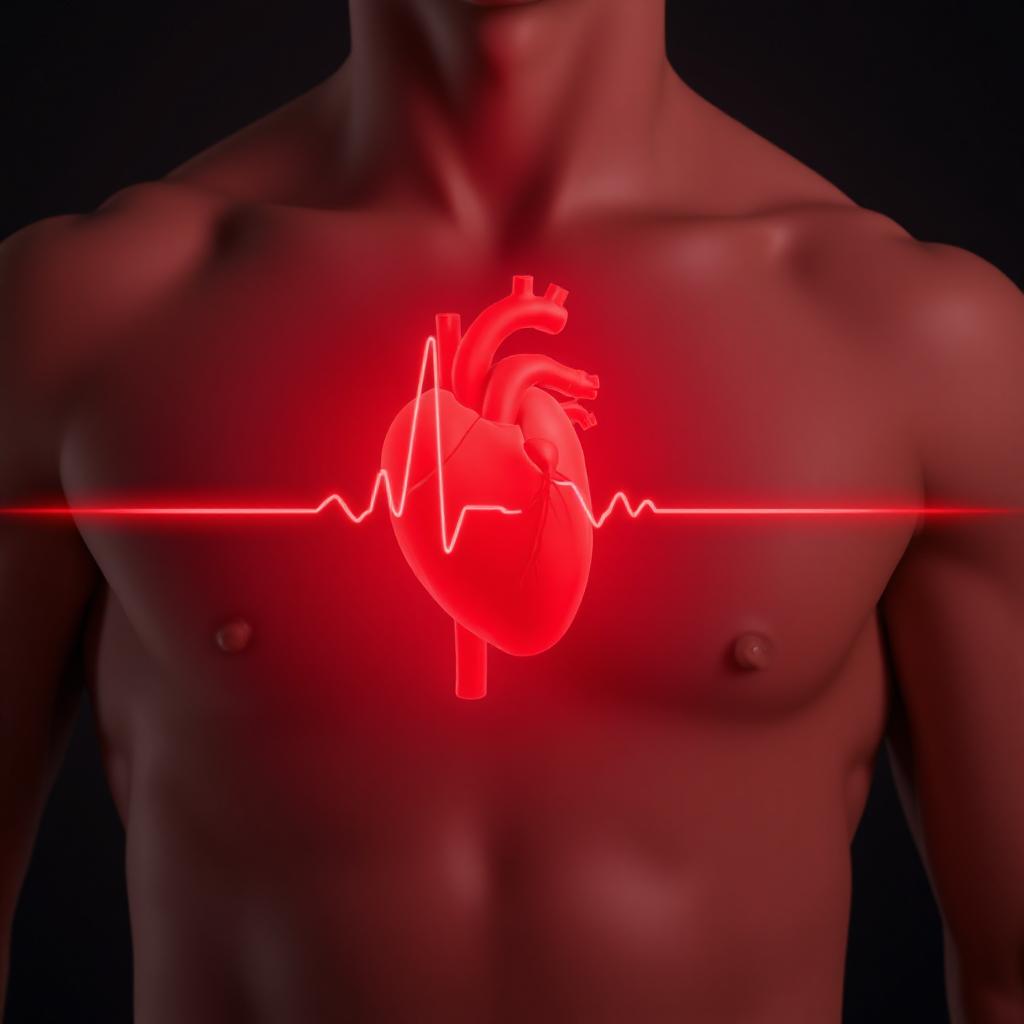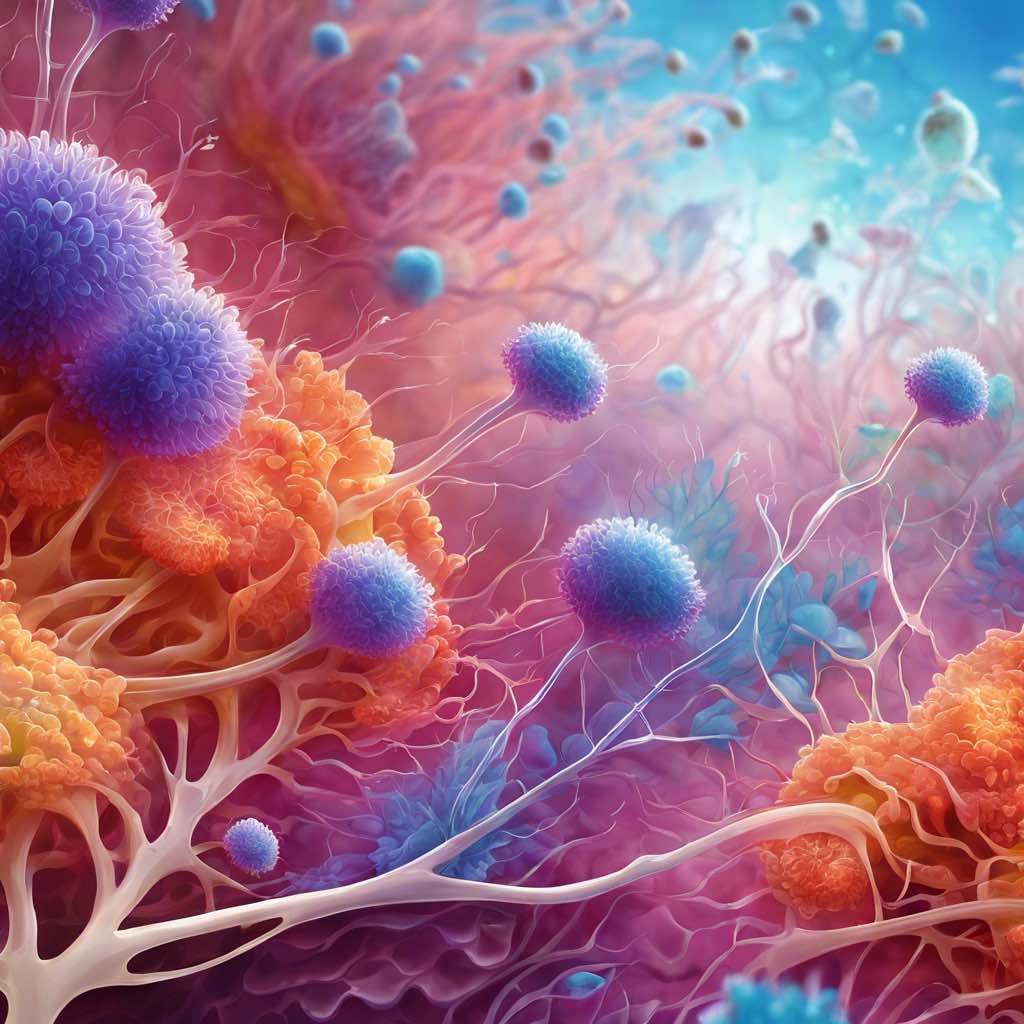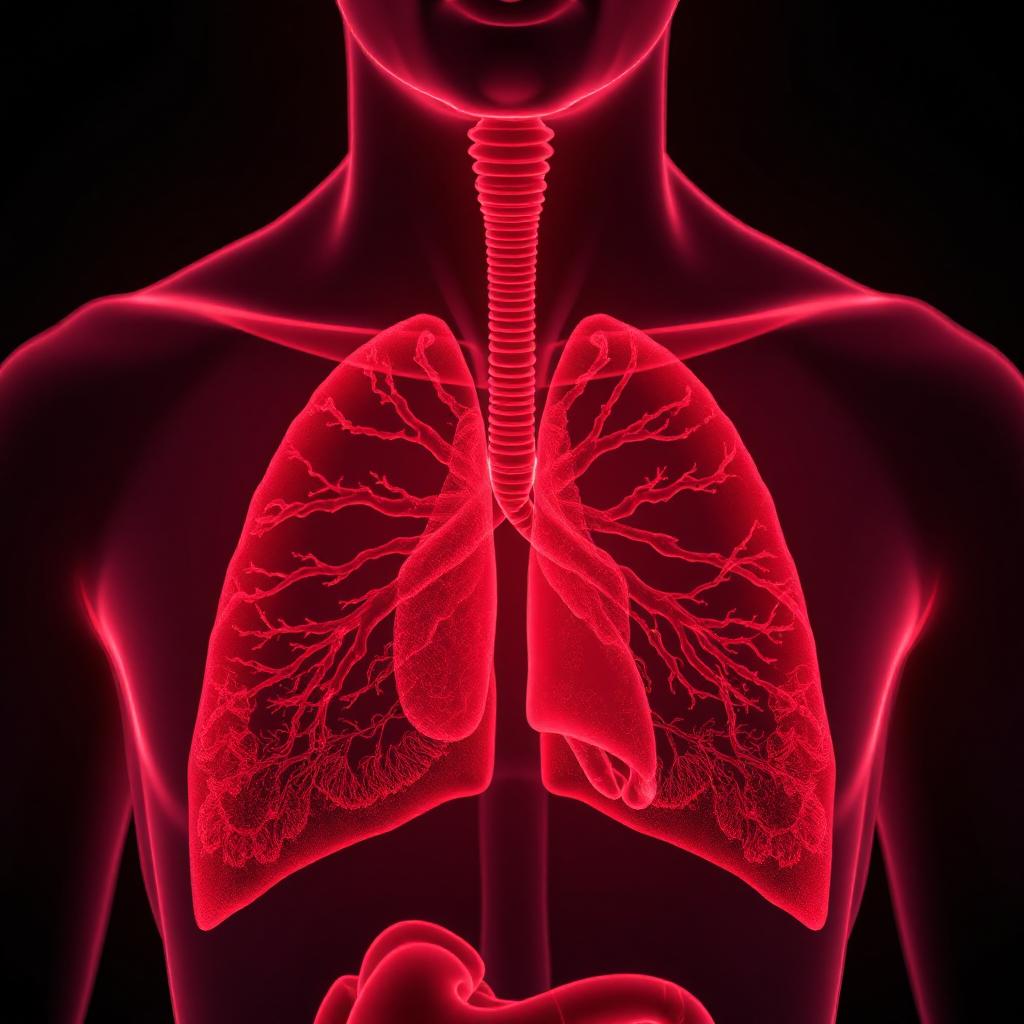Estimated Reading Time: 3 min
When you quit smoking, your body begins to heal almost immediately, and many positive changes occur in a short period. Here’s what typically happens after a period of time:
Effects of Quitting Smoking

Within 20 Minutes: Your heart rate and blood pressure drop to more normal levels, improving circulation.
12 Hours: The carbon monoxide level in your blood returns to normal, allowing for better oxygen transport throughout your body.
24 Hours: Your risk of a heart attack begins to decrease as your heart starts to recover from the effects of smoking.
48 Hours: Nerve endings begin to regenerate, which can enhance your sense of taste and smell. You may start to notice flavors and aromas more vividly.
After 72 Hours: Your bronchial tubes relax, making breathing easier. This is often when people notice a reduced wheezing and coughing.
After 1 Week: Withdrawal symptoms typically peak during this time, including cravings, irritability, and anxiety. However, you may also begin to feel an increase in energy levels as your body continues to adjust.

After 2 Weeks to 3 Months: Your circulation improves significantly, making physical activities easier. Lung function also begins to improve, and you may notice a decrease in coughing and shortness of breath.
After 1 Month: The healing process continues, with many individuals experiencing improved lung function and increased energy. You may also notice a significant reduction in respiratory issues.
After 1 Year: Your risk of coronary heart disease is reduced by 50% compared to that of a smoker. This significant reduction greatly improves cardiovascular health.
After 5 Years: The risk of stroke decreases to that of a non-smoker. Additionally, the risk of cancers of the mouth, throat, esophagus, and bladder drops significantly.

After 10 Years: Your risk of dying from lung cancer is about half that of a smoker. The risks of other cancers also continue to decline, including those of the pancreas and larynx.
After 15 Years: The risk of coronary heart disease becomes similar to that of a non-smoker, leading to greatly improved heart health.
Improved Respiratory Function: Long-term quitting leads to a reduction in coughing, wheezing, and shortness of breath, with overall improvements in lung function and capacity.
Better Immune System: Your immune system strengthens over time, resulting in a lower likelihood of respiratory infections and other illnesses.
Enhanced Mental Clarity: Cognitive function can improve, with reduced risks for dementia and cognitive decline as you age.

Improved Physical Fitness: Increased lung capacity and circulation lead to better endurance and physical performance, making it easier to engage in physical activities.
Healthier Skin: Over time, your skin may appear more youthful and healthier as blood circulation improves and the effects of smoking-related damage begin to fade.
Increased Life Expectancy: Quitting smoking can add several years to your life, allowing for a healthier and more active lifestyle.
Better Oral Health: You will experience a decreased risk of gum disease, tooth decay, and other dental issues as your oral health improves.
Positive Emotional Changes: Many individuals report improvements in mood and reductions in anxiety and depression, contributing to overall mental well-being.

These short-term (<1 Year) effects demonstrate how quickly your body starts to recover from the harmful effects of smoking, leading to improved health and well-being almost immediately after you quit.
These long-term (>1 Year) effects highlight the substantial benefits of quitting smoking, illustrating how your body can heal and your overall health can improve over time.
After quitting smoking, your body undergoes numerous positive changes over time.

